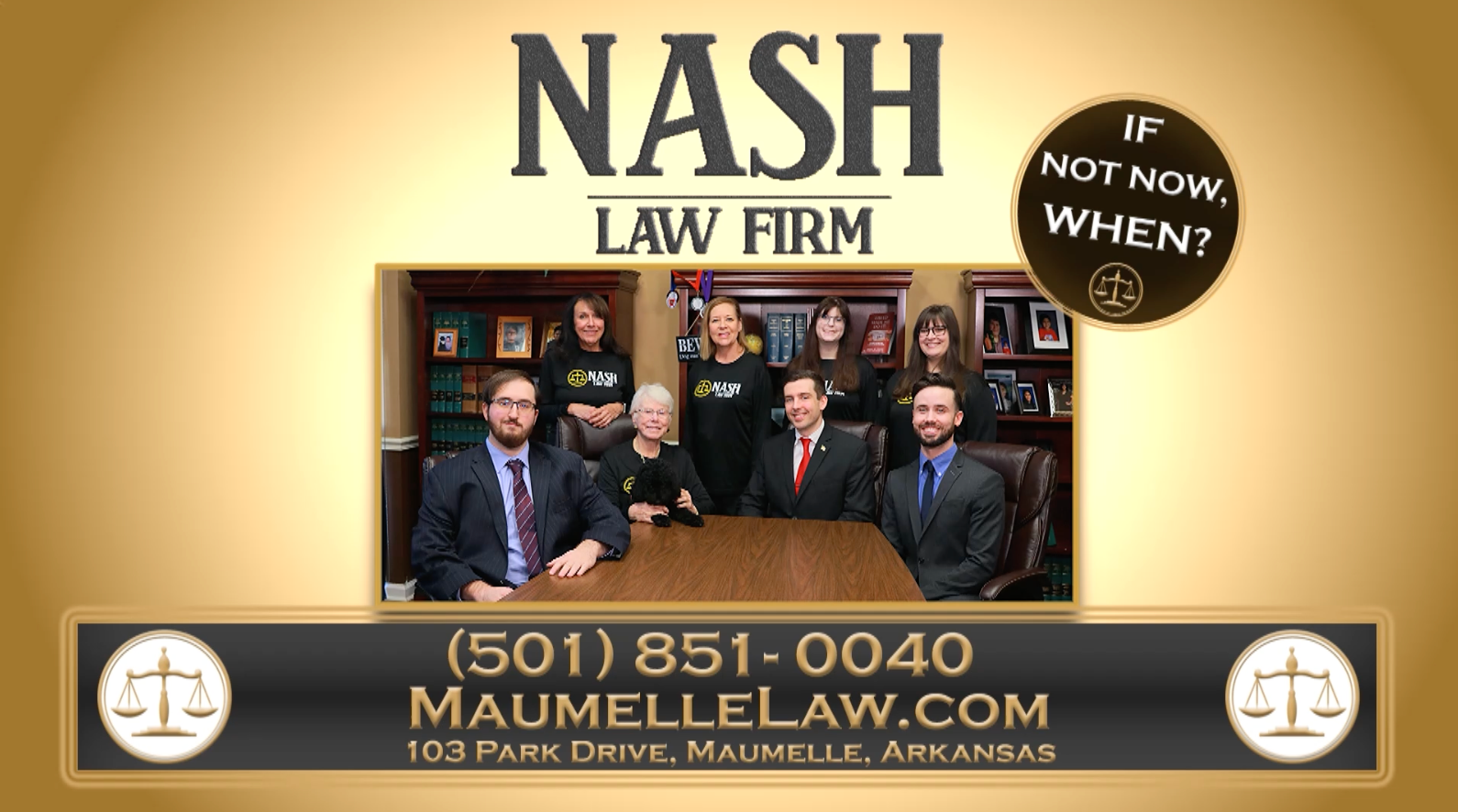"Who Should Do Estate Planning?"
The following article was written by attorney Mary Nash about the importance of estate planning, and why EVERYONE should do it!

After thirty years of being an Elder Law Attorney, people still ask me the question, “Who should do estate planning?” My answer is always the same, “Anyone with $1 and two relatives!”. You might laugh at that, but it is true. Anytime there is money and people who believe that they are entitled to a share of that money, there needs to be a plan to eliminate family fights as much as possible, and avoid the Probate proceeding which come about if there is no estate planning of any kind, or a simple will. In that situation, the family must go through probate court to move the estate to the heirs. To plan for each of these issues, we use Living Trusts, either revocable or irrevocable. A Living Trust is one written while the Trustmaker(s) is alive and capable of planning. It is possible to write a Testamentary Trust in a will, but it is only activated through the Probate process. We want to avoid probate so we use a Living Trust. There are three characters acting in this type estate planning: (1) Trustmaker (the person(s) creating the Trust), (2) the Trustee, (the person managing the assets in the Trust), and (3) the beneficiary. Usually the person(s) setting up the Trust will be all three, the Trustmaker, the Trustee, and the Beneficiary, but they will not always be the Trustee or the Beneficiary. There will come a time when they are no longer able to act for themselves in managing their assets in the Trust. They will cease to be the beneficiary at death. The children or grandchildren or whomever they choose will then be the beneficiary of the Trust assets.
Picture a Trust as if it were a box. Your Elder Law Attorney, will know how to create the documents to set up your trust. Into this legal entity (box), your attorney will assist you in transferring ownership of your home and other properties, including your brokerage accounts, bank accounts, stocks, bonds, and other assets. It’s all in your “box”, owned and managed by the Trustee (usually the person(s) creating the Trust). At death, there are no assets that belong to the person individually. Everything belongs to the Trust, thus there are no assets to go through the Probate Court. The currently acting Trustee is someone appointed in the Trust document to carry out the distribution of the Trust assets at the death of the Trustmaker without costs or delays. The two different kinds of Living Trusts are Revocable and Irrevocable. A Revocable Trust is written during life but with the ability to amend them, revoke them, or completely restate them. The Irrevocable Trust can be written to change the Trustees during the life of the Trustmaker but do not allow for changes in the named beneficiaries or other legal terms, though it is possible to change the amounts going to each of the beneficiaries. The main goal for these types of Trusts is asset protection. Not only do my clients want to avoid probate and set up their distribution to send their assets where they want them to go, when they want them to go, but to avoid future creditors in the case of lawsuits or creditor claims, including Medicaid claims (often the largest creditor in an estate) in case of a nursing home stay. Irrevocable Trusts are often written to move assets to create eligibility for the V.A. Aid and Attendance Pension. This Pension, for veterans over 65 who served 90-days active duty, one day which fell in a wartime period with an honorable discharge can pay to a veteran and spouse up to $2000+ tax free per month, or as much as $1788 to a single veteran or even a possible $1100 a month to a surviving spouse of a veteran, all tax-free. Living Trusts, if properly prepared can protect the children’s inheritance from the children’s creditors, lawsuits, bankruptcy, divorce or even the child’s own nursing home stay. There are no other estate planning options out there that do as much to protect family assets and keep family money in the family as a Living Trust. Everyone with a dollar and two relatives needs a Living Trust to protect the “whole” family.
Author: Mary Nash









![Nash Law Firm Logo [click to return home] Nash Law Firm](https://lirp.cdn-website.com/8c4d5b2c/dms3rep/multi/opt/nashlogo_colorgray_horz-1920w.png)


![Nash Law Firm Logo [click to return home] Nash Law Firm Logo](https://lirp.cdn-website.com/8c4d5b2c/dms3rep/multi/opt/nashlogo_whgold_horz-1920w.png)

